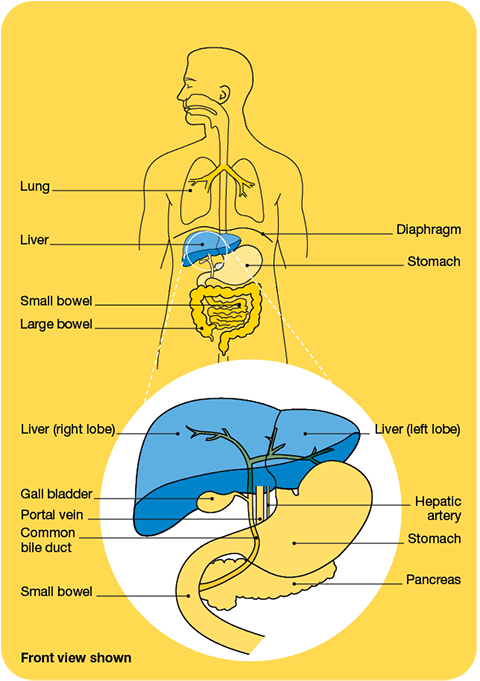
Hepatomegaly, inflammation of the liver, can occur due to different types of hepatitis
Some of them are acute hepatitis, chronic hepatitis, acute hepatitis B and hepatitis C. Each one of these types has its own treatment. In order to treat acute hepatitis effectively, it is important to understand the cause of the infection. This is very important because acute hepatitis is highly contagious. It can be transmitted by coming into contact with the infected individual.
Hepatomegaly, inflammation of the liver, may occur due to hepatitis B and C. Hepatomegaly, which are most often described as an increase in the size of the liver, may occur as a result of acute hepatitis B or hepatitis C. Hepatomegaly, which is also commonly referred to as enlargement of the liver, may occur as a result of chronic hepatitis. Hepatic enlargement is sometimes associated with cirrhosis of the liver and this should be evaluated.
Hepatocellular carcinoma is the primary cause of death in children younger than five years of age. However, hepatitis C is also the leading cause of death among children in the U.S.. About 50% of adults with hepatitis C in the United States are Asian.
Hepatic cancer is the main cause of death from liver cancer in men in the USA. Hepatocellular carcinoma is generally associated with cirrhosis of the liver, however, some cases may not be associated with cirrhosis at all. As a result, it is difficult to detect cirrhosis and thus the prognosis for treating cirrhosis is quite poor. Some patients may live up to 30 years with cirrhosis of the liver, but others may have no chance at all. Thus, the prognosis for surviving with cirrhosis is not good.
Hepatomegaly and liver inflammation can lead to bleeding between the veins of the liver. This is called as intrahepatic hemorrhage. Bleeding between the veins can be caused due to either acute hepatitis or chronic hepatitis. In acute hepatitis, the infection is localized and occurs inside the liver. The condition is more common in patients with severe forms of hepatitis.
Chronic hepatitis, on the other hand, may occur due to prolonged infection. Chronic hepatitis is caused due to long-term infection that can damage the liver. liver cells. The symptoms of chronic hepatitis can vary from individual to individual.
Treatments used for liver inflammation can vary. Some of the treatment options include chemotherapy, interferons and immunosuppressive drugs. Non-steroidal anti-inflammatory drugs (NSAID) are also prescribed for acute hepatitis. However, these drugs should be used only for acute hepatitis, if you have only a mild case of hepatitis, because NSAID can cause damage to the liver tissue and interfere with the normal function of liver cells.
Liver cancer, hepatitis B and C, and hepatitis E are all autoimmune disorders that are treated by immunotherapy using vaccines that boost your body's immune defenses to fight off the cause of the diseases. The immune system can be weakened by the viruses that cause the disease. In addition, there are various medicines available, like Vitamin C, L-carnitine, Vitamin E and Echinacea that also have anti-viral properties. However, it is important to check with your physician whether these medications will be beneficial for your condition. or not.
Treatment for liver cancer may involve removing the cancerous cells while sparing the healthy cells. The liver cancer surgery called radical hepatic resection is the most common and widely used surgery. In this procedure, the entire liver is removed. The surgery is done under general anesthesia and there may be scars and scarring. This is often the last option in case of severe liver cancer.
Treatment of liver cancer can also include the use of chemotherapy. Chemotherapy is usually given for people who are in their late stages of the disease. The chemotherapy uses medication to kill the cancerous cells and to prevent cancer formation.
Other methods that help in killing the cancerous cells include immune suppressant drugs and anti-cancer drugs. However, chemotherapy is not very effective as it kills both healthy and cancerous cells of the liver.


